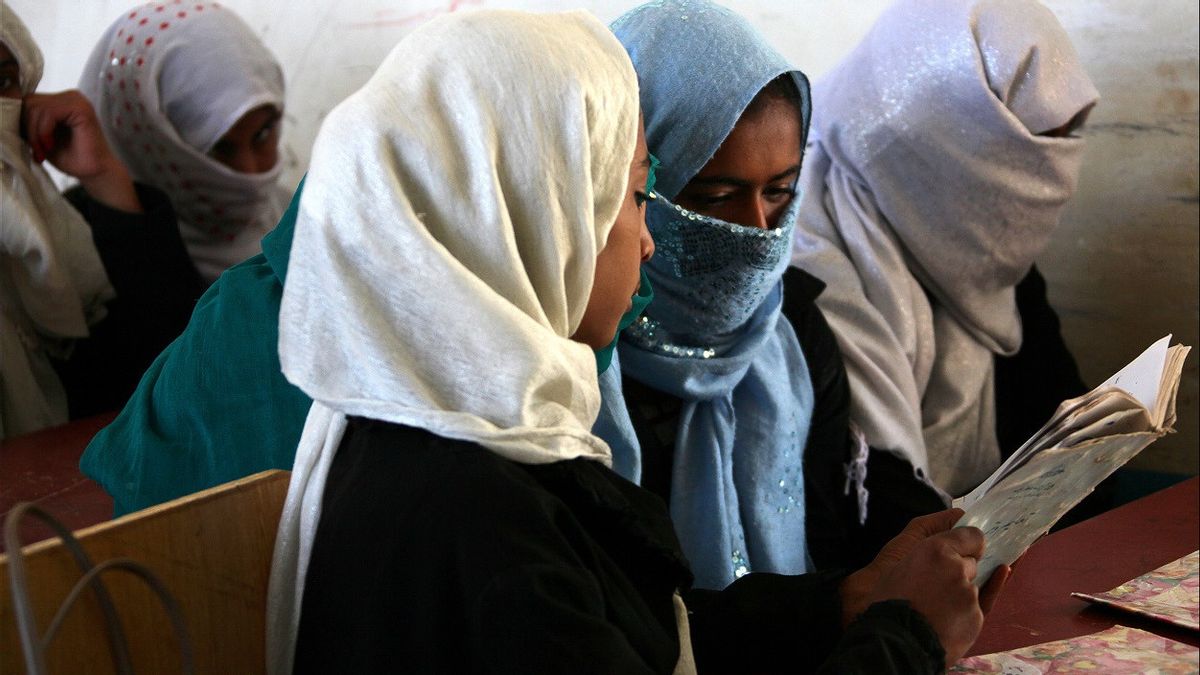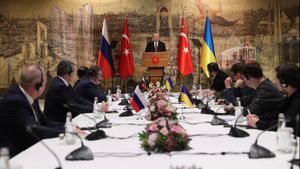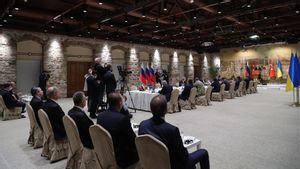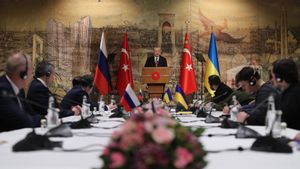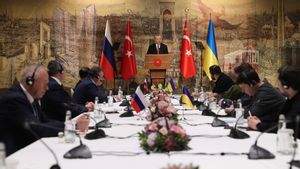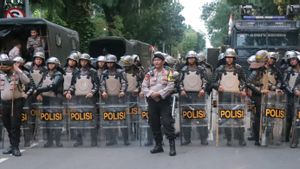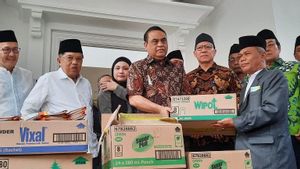JAKARTA - The World Bank has decided to postpone four of its projects in Afghanistan that are worth $600 million, amid concerns over the decision by the country's ruling Taliban to ban girls from returning to public secondary schools, the bank said.
The projects, to be funded under the renewed Afghanistan Reconstruction Trust Fund, are being prepared for implementation by United Nations (UN) agencies to support projects in agriculture, education, health and livelihoods.
However, the bank's guidelines require all activities financed by the ARTF (Afghanistan Reconstruction Trust Fund) to support access to and equality of services for, women and girls in Afghanistan, the bank said, citing its deep concern over the Taliban's ban on girls attending middle schools.
As a result, the four projects will be presented to ARTF donors for approval only "when the World Bank and international partners have a better understanding of the situation and confidence that the project objectives can be met." It was not immediately clear when that could happen.
Last week, Uncle Sam's country officials canceled a planned meeting in Doha, Qatar with the Taliban over the decision to keep girls out of secondary school.
The World Bank Executive Council on March 1 approved a plan to use more than $1 billion in ARTF funds to finance much-needed education, agriculture, health, and family programs that would bypass sanctions by the Taliban authorities, disburse money through agencies and aid from UN
Previously, ARTF was frozen in August 2021, when the Taliban took power with the departure of a US-led international force after 20 years of war.
Not only that, foreign governments also ended financial aid which made up more than 70 percent of government spending, accelerating the country's economic collapse.
When agreeing to release ARTF funds for new projects to be implemented by UN agencies, the World Bank has specified it expects "a strong focus on ensuring that girls and women participate in and benefit from such support."
SEE ALSO:
The Taliban have uncovered restrictions on rights made to women over the past two decades, including restricting them from work and restricting their travel unless accompanied by a close male relative. Most girls are also barred from going to school after seventh grade.
However, Taliban leaders say all the girls will be allowed back into classrooms later this month.
The English, Chinese, Japanese, Arabic, and French versions are automatically generated by the AI. So there may still be inaccuracies in translating, please always see Indonesian as our main language. (system supported by DigitalSiber.id)
